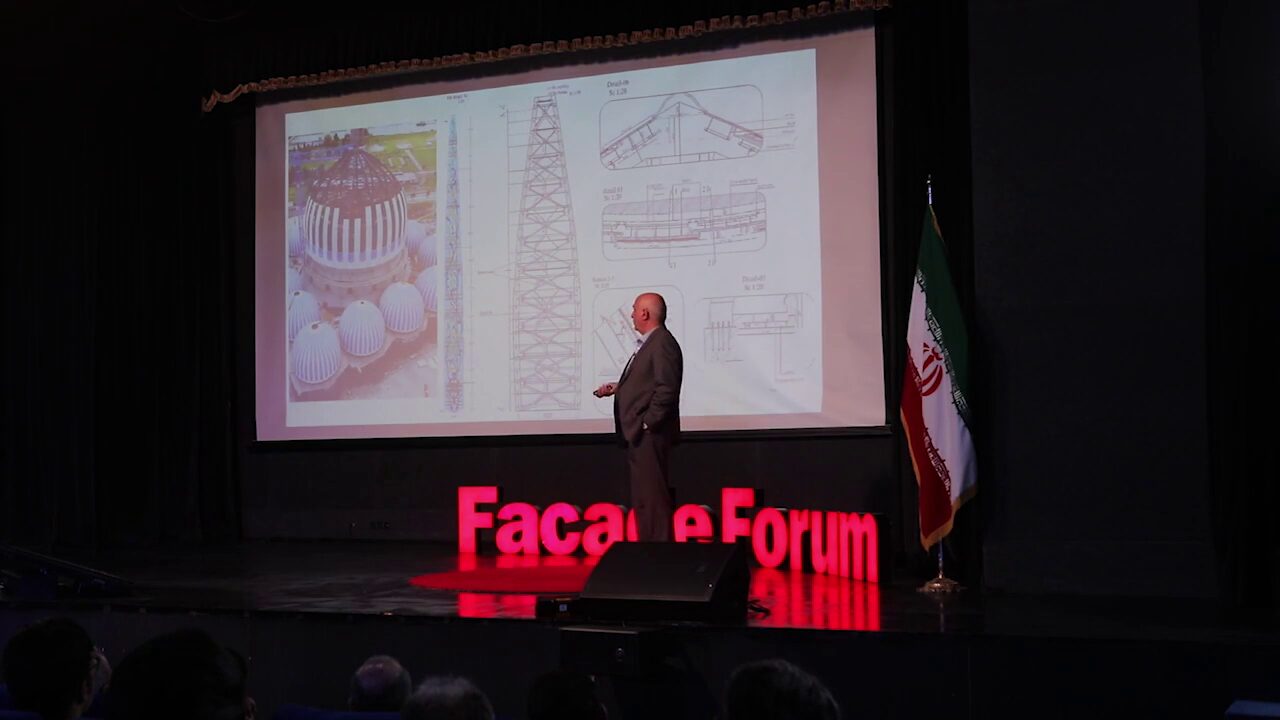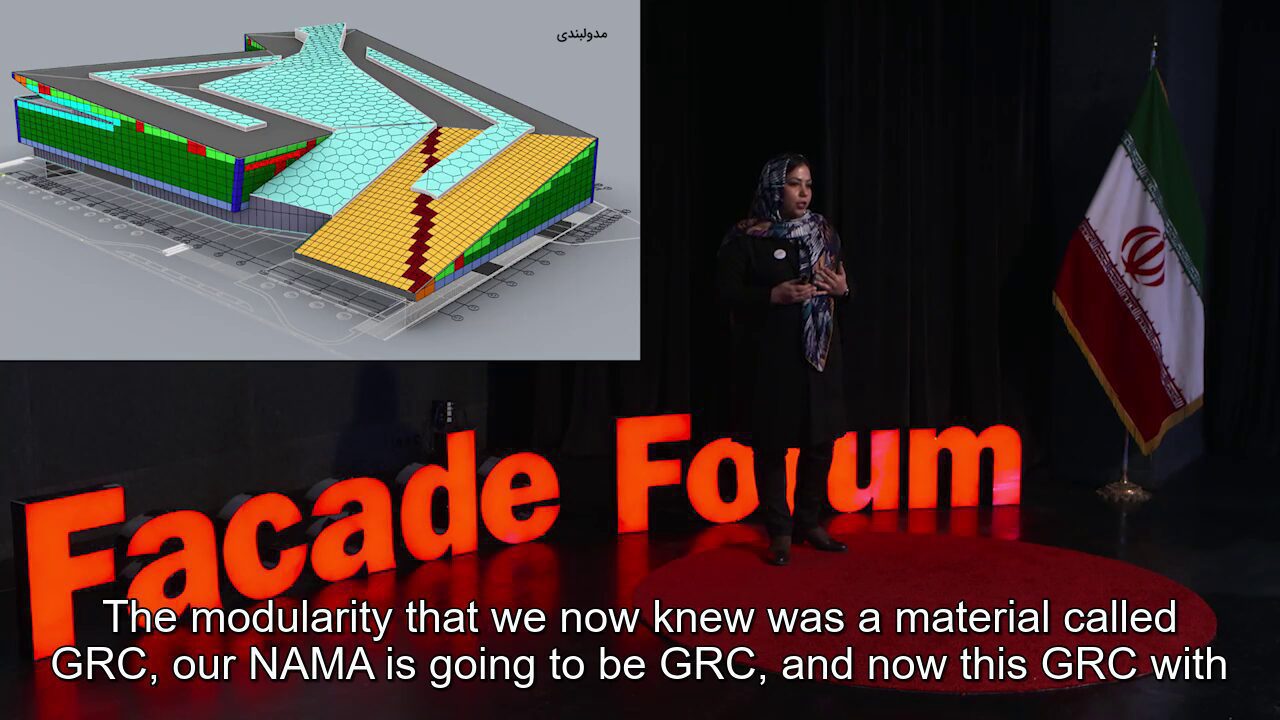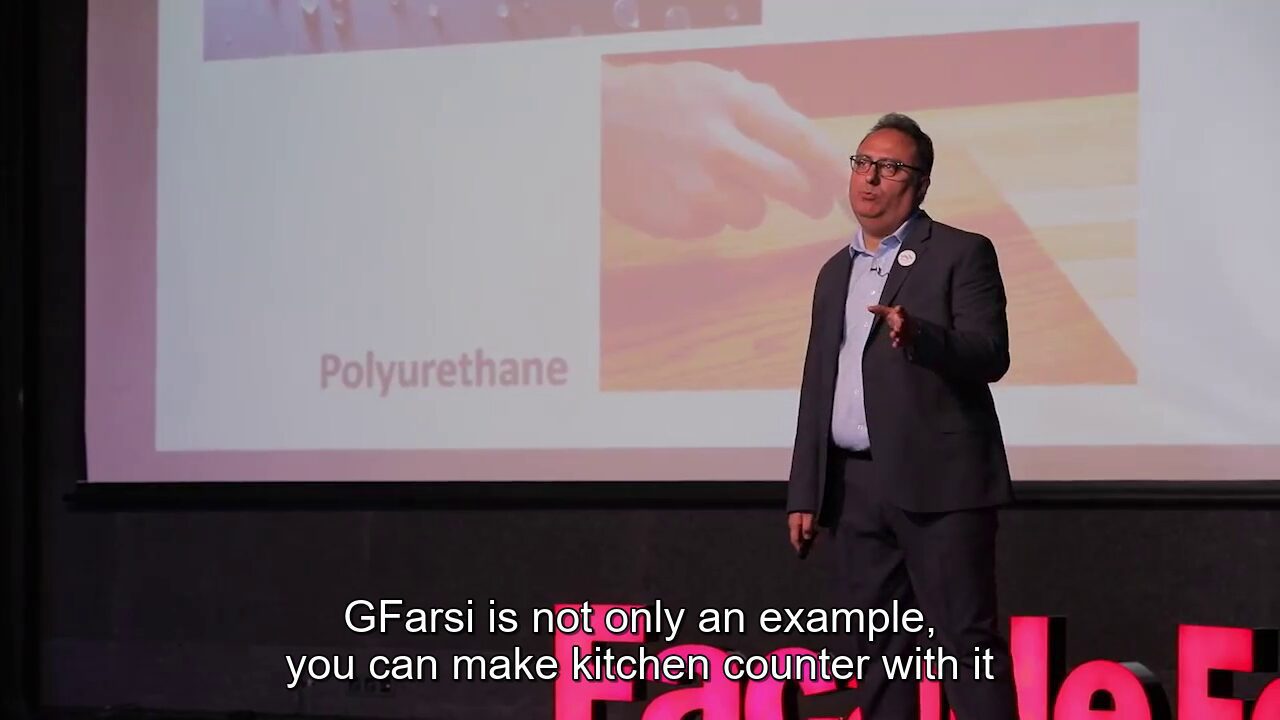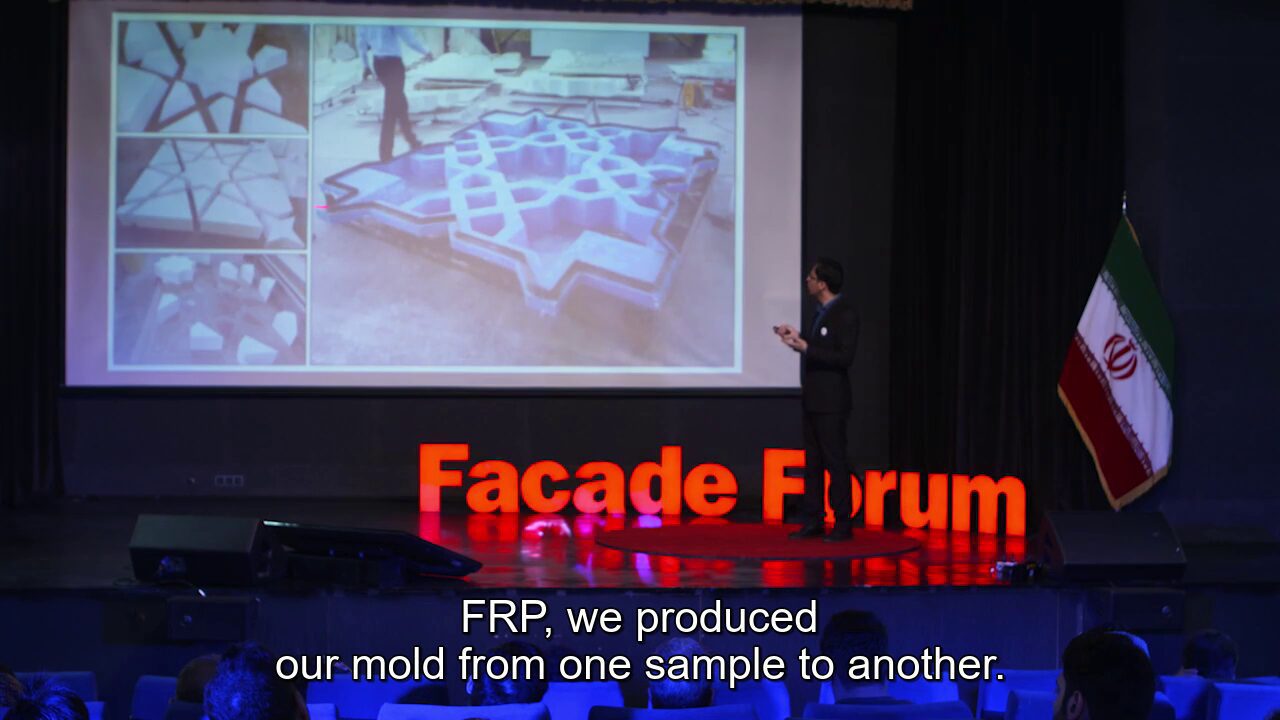تعامل با کارفرما
نکات کلیدی از سخنرانی خانم زیلا نوروزی در FacadeForum 2019
معماری، اعتماد، و چالشهای پروژه
در جلسهای تأثیرگذار در FacadeForum 2019، خانم ژیلا نوروزی، معمار ایرانی شناخته شده به خاطر کارهایش بر روی موزه جنگ در تهران، تجربیات غنی و واقعیتهای پیچیده معماری و مهندسی نما را به اشتراک گذاشت. روایت او، که در چالشها و پیروزیهای پروژههایش ریشه دارد، بینشهای ارزشمندی را درباره فرآیند معماری، اهمیت اعتماد و رابطه پویا بین معماران و مشتریانشان فراهم میکند.
انعطافپذیری و آمادگی معمار در مواجهه با تغییرات
نوروزی سفر خود به دنیای پیچیده معماری را با یک مدل ساده در کلاس ششم آغاز کرد، کاری که در ابتدا ساده به نظر میرسید اما بعداً به یک سری از چالشها و فرصتهای یادگیری تبدیل شد. او به توصیف فرآیند سازگاری با تغییرات در مواد و طرحها پرداخت، بر اهمیت انعطافپذیری و قدرت در برابر پیشبینیناپذیری تأکید کرد.
اعتماد، ستون فقرات رابطه معمار و مشتری
یک موضوع مکرر در سخنرانی نوروزی، مفهوم اعتمادپذیری بود، یک عنصر حیاتی در رابطه معمار-مشتری. او استدلال کرد که اعتماد پایهای برای تأمین پروژههای آینده و ساخت ارتباطات پایدار در صنعت است. نوروزی استراتژیهای خود برای پرورش اعتماد را به اشتراک گذاشت، از جمله استفاده از ابزارها و نرمافزارهای مختلف برای پل زدن بر شکافهای ارتباطی و اطمینان از همراستایی دیدگاههای خود با مشتریان.
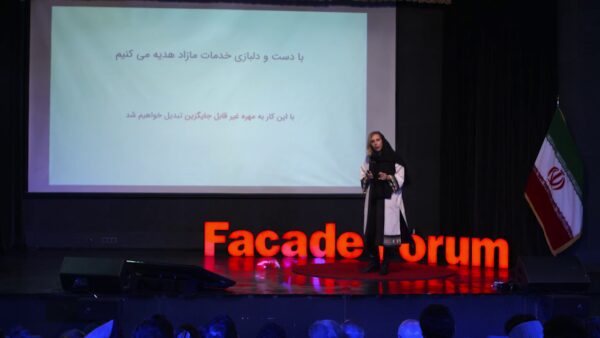
تسهیل ارتباط موثر با مشتریان
نوروزی همچنین به چالشهای کار با مشتریانی پرداخت که ممکن است با زبان معماری آشنا نباشند. او بر اهمیت سادهسازی و وضوح در ارتباطات تأکید کرد، تضمین کرد که مشتریان در طول پروژه کاملاً مشارکت کرده و مطلع باشند. این سطح از توجه و مراقبت، به گفته او، محوری در تبدیل ایدههای انتزاعی به واقعیتهای ملموس است که انتظارات مشتری را برآورده یا فراتر میرود.
خلاقیت و نوآوری در معماری
تعهد نوروزی به خلاقیت و نوآوری هنگامی آشکار شد که او به مسیرهای مقابله با محدودیتهای بودجه، مقررات و نیازهای نهادی پرداخت. نوروزی تأکید کرد که چگونه این موانع بالقوه را به فرصتهایی برای راهحلهای طراحی منحصر به فرد و تأثیرگذار تبدیل کرد. تعهد او به حرفهاش با تمایلش به ارائه خدمات رایگان در صورت نیاز بیشتر نمایان شد، شهادتی بر باور او در ارزش معماری فراتر از جنبههای تجاری آن.
در پایان سخنرانی خود، مهندس ژیلا نوروزی بر نقش معماران در ساخت اعتماد در جامعه تأکید کرد و چگونه این اعتماد میتواند به پروژههای معنادار و تأثیرگذار منجر شود. بینشهای او از FacadeForum 2019 نه تنها نوری به پیچیدگیهای مهندسی نما و معماری میاندازد بلکه بر اهمیت اعتماد، همکاری و نوآوری در شکلدهی به محیط ساخته شده تأکید میکند.

How should architects interact with clients?
In a compelling session at FacadeForum 2019, Mrs. Zila Nourouzi, a renowned Iranian architect celebrated for her work on the War Museum in Tehran, shared her rich experiences and the complex realities of architecture and facade engineering. Her narrative, grounded in the practical challenges and triumphs of her projects, offers valuable insights into the architectural process, the importance of trust, and the dynamic relationship between architects and their clients.
Nourouzi’s journey into the intricate world of architecture began with a simple model in the 6th grade, a task that seemed unassuming at first but later unraveled into a series of challenges and learning opportunities. She vividly described the process of adapting to changes in materials and designs, emphasizing the importance of flexibility and resilience in the face of unpredictability. The switch from a concrete model to stone for one of her projects not only tested her adaptability but also underscored the significance of thorough preparation and the ability to negotiate and communicate effectively with clients.
A recurring theme in Nourouzi’s talk was the notion of trustworthiness, a critical element in the architect-client relationship. She argued that trust is foundational to securing future projects and building lasting connections within the industry. Nourouzi shared her strategies for cultivating trust, including the use of various tools and software to bridge communication gaps and ensure that her visions aligned with those of her clients. This approach not only facilitated smoother project execution but also helped in managing expectations and fostering a collaborative environment.
Nourouzi also touched on the challenges of working with clients who may not be familiar with the language of architecture. She stressed the importance of simplification and clarity in communication, ensuring that clients are fully engaged and informed throughout the project. This level of attentiveness and care, she noted, is pivotal in transforming abstract ideas into tangible realities that meet or exceed client expectations.
The architect’s commitment to creativity and innovation was evident as she discussed navigating the constraints of budgets, regulations, and institutional requirements. Nourouzi highlighted her ability to turn these potential obstacles into opportunities for unique and impactful design solutions. Her dedication to her craft was further demonstrated by her willingness to offer pro bono services when necessary, a testament to her belief in the value of architecture beyond its commercial aspects.
In her concluding remarks, Nourouzi emphasized the role of architects in building trust within society and how this trust can lead to more meaningful and impactful projects. Her insights from FacadeForum 2019 not only shed light on the complexities of facade engineering and architecture but also underscore the profound impact of trust, collaboration, and innovation in shaping the built environment.
As someone who had the privilege of watching Mrs. Zila Nourouzi’s presentation, I am left inspired by her dedication, resilience, and visionary approach to architecture. Her experiences serve as a powerful reminder of the potential for architecture to connect, transform, and enrich our lives and communities.

